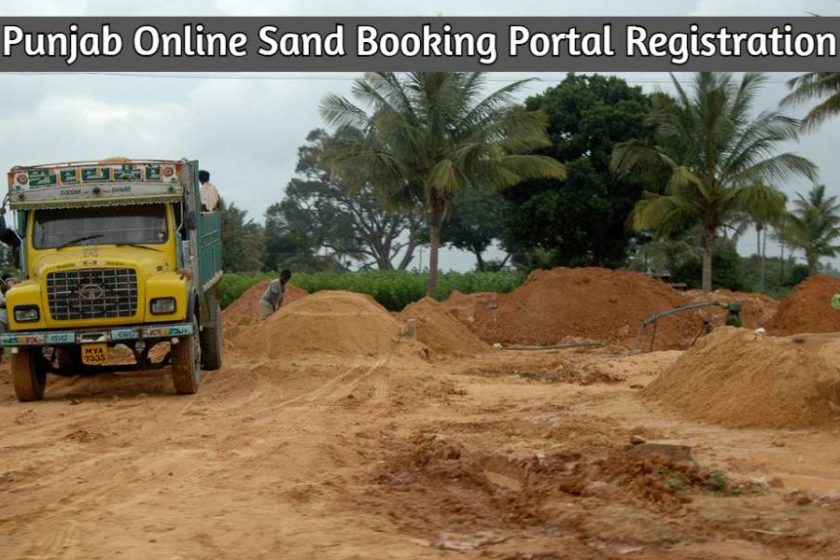The traditional Indian culture believes in immersing the ashes of the deceased in a Holy river so that the deceased can attain moksha or freedom. However, the transportation cost for those who are poor is so high that they do not opt for such immersions. Paying heed to this concern and respecting people’s religious sentiments and the rites attached to them, the government of Rajasthan has initiated the Rajasthan Moksh Kalash Yojana.
The CM of Rajasthan approved the scheme which allows free bus travel to two members of the family of the deceased to immerse ashes of their loved ones in the most sacred river of India – River Ganga, in Haridwar.
How can one apply for the Rajasthan Moksh Kalash Yojana 2020?
If an applicant wishes to apply for the scheme, here’s how they can go about it.
- Visit the official website for the Moksh Kalash Yojana
- The form will appear to be as follows

- The applicant would have to enter the name of the deceased, the date of death, the traveller and their information like name, gender, mobile number, AADHAAR or PAN details, etc
- The applicant would have to also fill in the information of the district from which they will travel and it would be initiated with the name of the nearest bus stand.
- Applicants will receive a registration number after completing the Moksh Kalash Yojana application form filling process
List of documents needed for free travel to Haridwar
- Death certificate of the deceased
- Aadhaar / Jan Aadhaar card of the travellers
- Recent passport sized photograph of the travellers
Note: if the death of the person has occurred before the 1st of March 2020, the applicant would not be considered eligible for the scheme
Important pointers to know before setting out for the scheme
- Only two people are allowed for free travel with the Moksha Kalash
- Booking of travellers for both sides would be done at once and the applicant would only have to return on the same vehicle which she/he went to Haridwar in
- In no condition would the travellers be allowed to stay in Haridwar and no requests in this regard would be entertained as it involves interstate travel and is not safe during a pandemic
- The applicant must keep the registration of travel and Aadhaar card along with the death certificate of the deceased along with them, handy, at all times.
- Wearing a mask will be deemed mandatory for all applicants during travel.
- If during travel, the central or state government issues any order regarding Covid-19, then it would be applicable
Summing it up
The government acknowledges the fact that immersing the ashes of the deceased is religiously relevant and it has provided it avenues for people to achieve that. With this in place, many will now feel the peace of mind that those deceased beloved family members now rest in peace.
Respecting religion and ensuring people have the right to practice its rites is what this scheme achieves.








